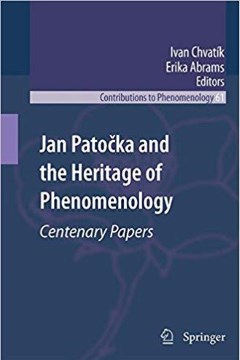Negative platonism and maximal existence in the thought of Jan Patočka
pp. 87-97
Abstract
According to Jan Patočka's "negative Platonism," ordinary, or "positive" Platonism makes a fundamental mistake in formulating Plato's true "discovery," i.e., the Idea, as a non-objective determination of objectivity, in terms of an ideal object that sensible objects are supposed to imitate. Does this mean that Plato himself misunderstood the epimeleia tēs psychēs and human self-knowledge (exetasis)? Analogously, Patočka states that "classical phenomenology fell victim to its own discoveries and their imprecise formulation." Is this due to the transcendental subjectivism of Husserlian thought or, rather, to the fact that Husserl could theorize only the modes of givenness of an object? These two failures must be overcome. Patočka proposes to do so by means of a theory of the epimeleia tēs psychēs and of the exetasis conceived as two basic experiences of our negative freedom – the freedom through which the human soul "amplifies its mode of Being." Furthermore, the Husserlian concept of the intuitive "fulfillment" of intentionality should be understood (despite Husserl himself) as the maximalization of our mode of Being, and by no means as the abolition of a prior lack.
Publication details
Published in:
Abrams Erika, Chvatík Ivan (2011) Jan Patočka and the heritage of phenomenology: centenary papers. Dordrecht, Springer.
Pages: 87-97
DOI: 10.1007/978-90-481-9124-6_7
Full citation:
Rodrigo Pierre (2011) „Negative platonism and maximal existence in the thought of Jan Patočka“, In: E. Abrams & I. Chvatík (eds.), Jan Patočka and the heritage of phenomenology, Dordrecht, Springer, 87–97.


